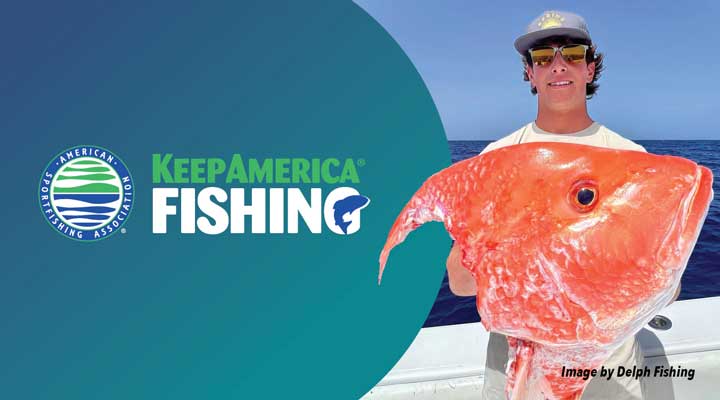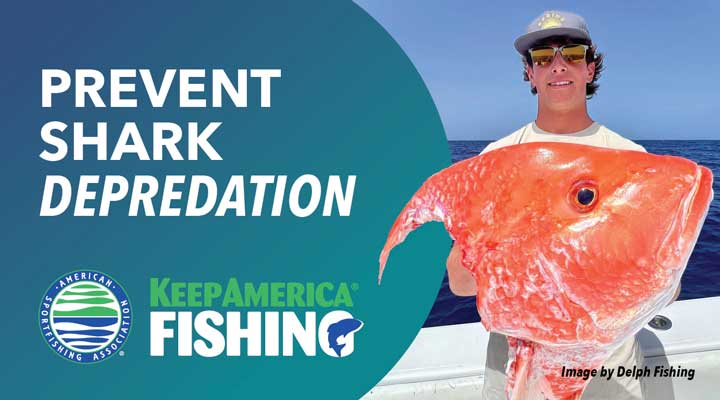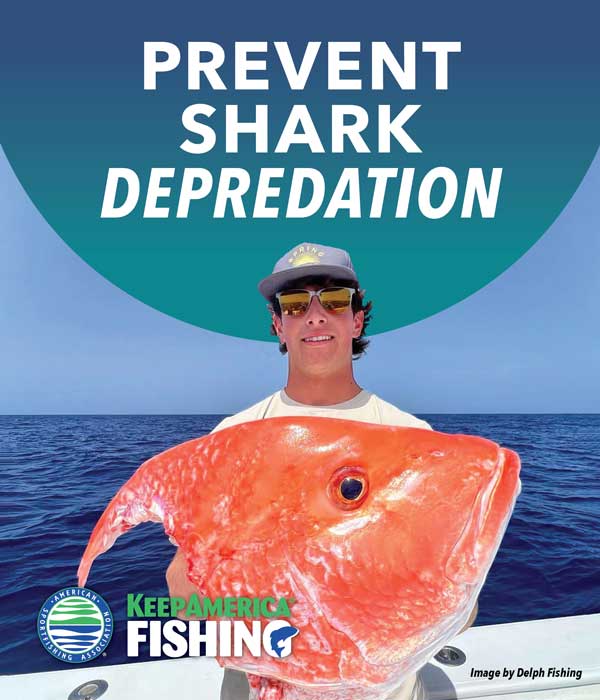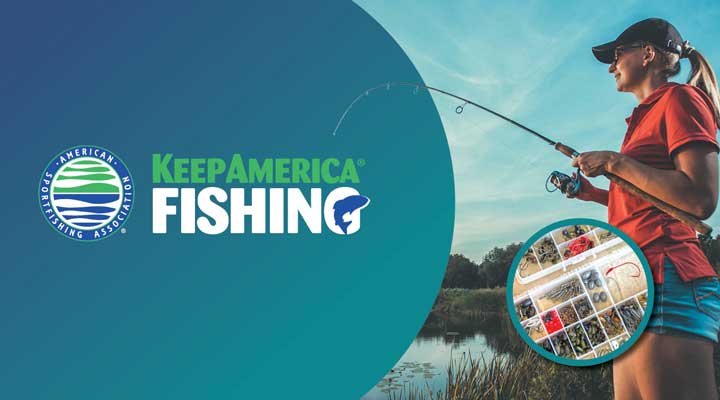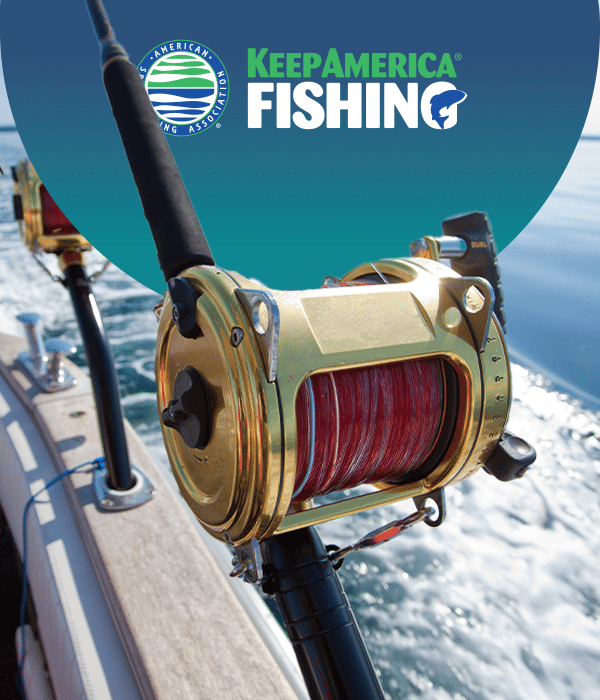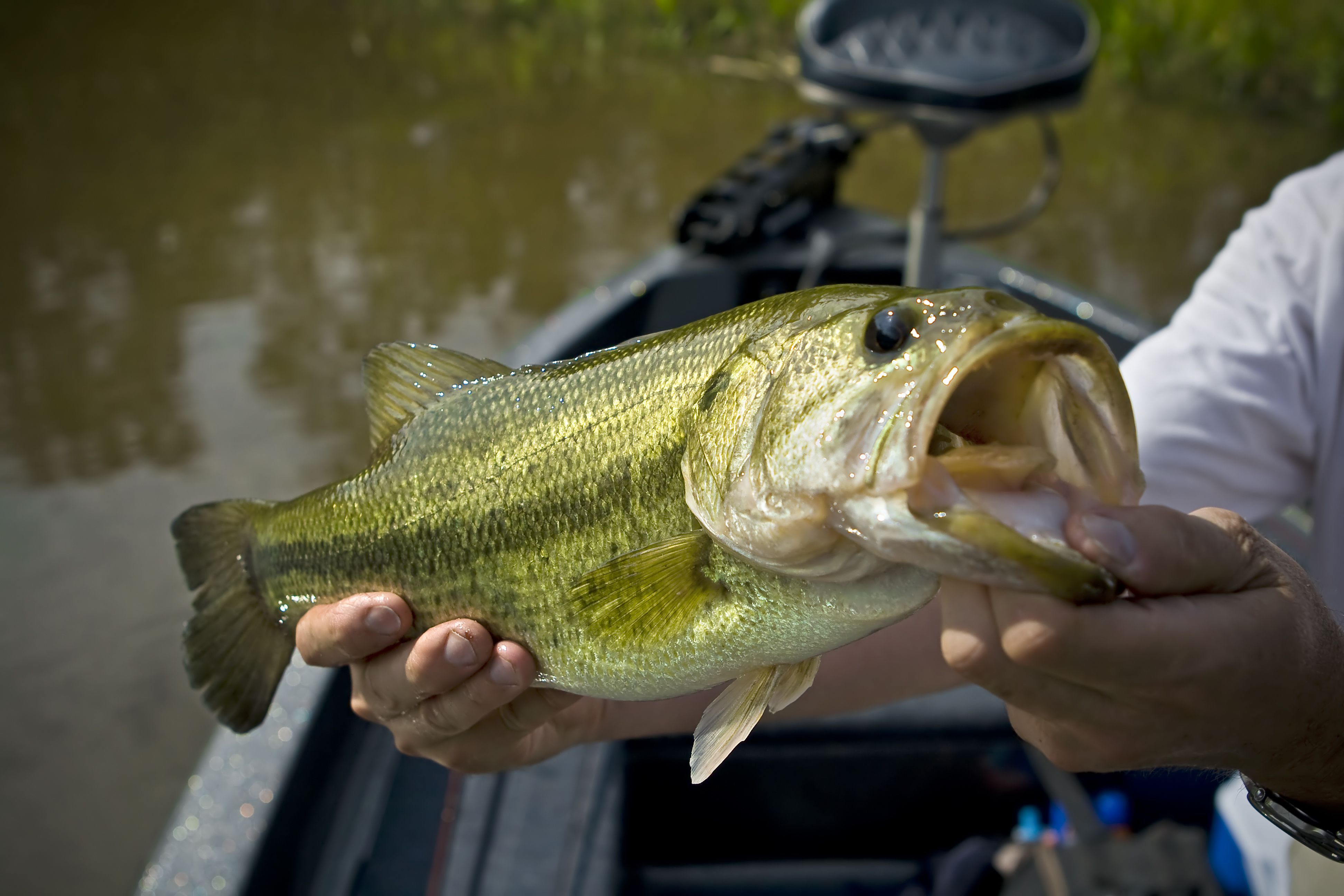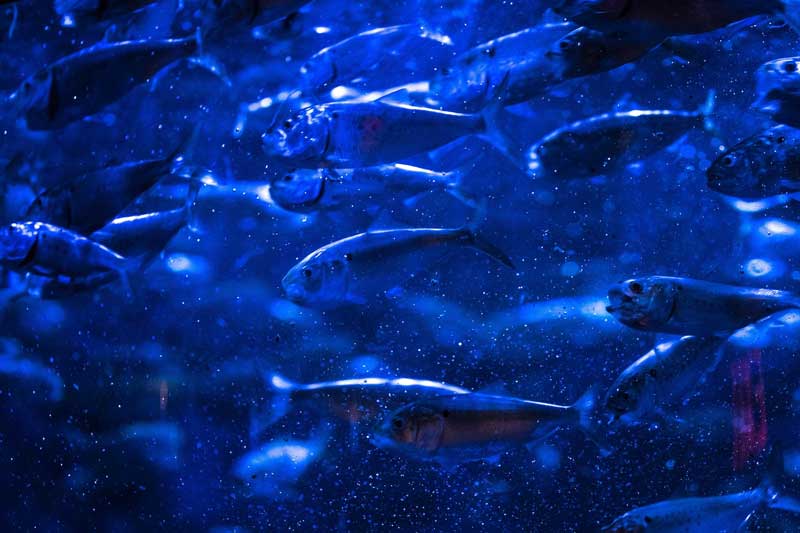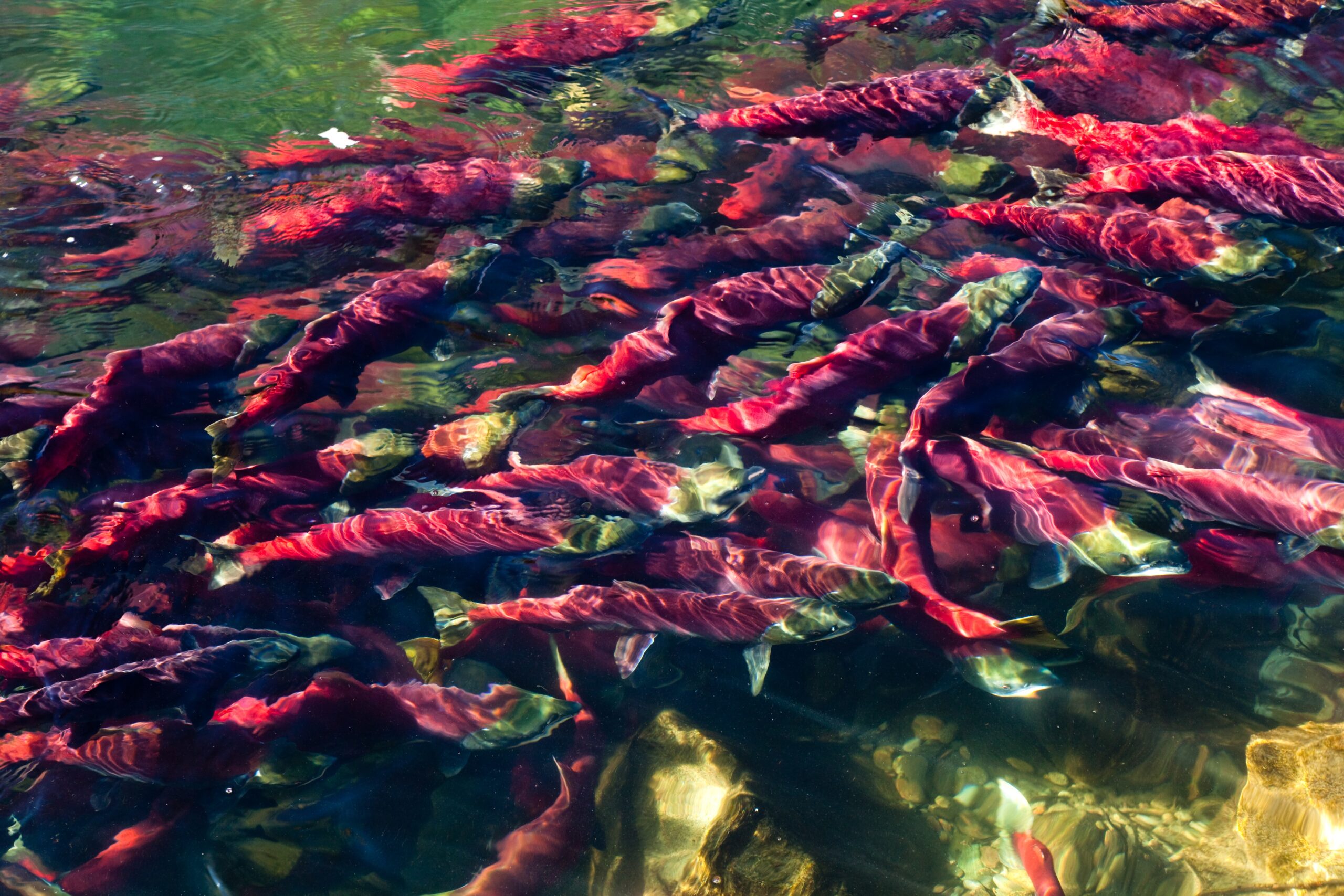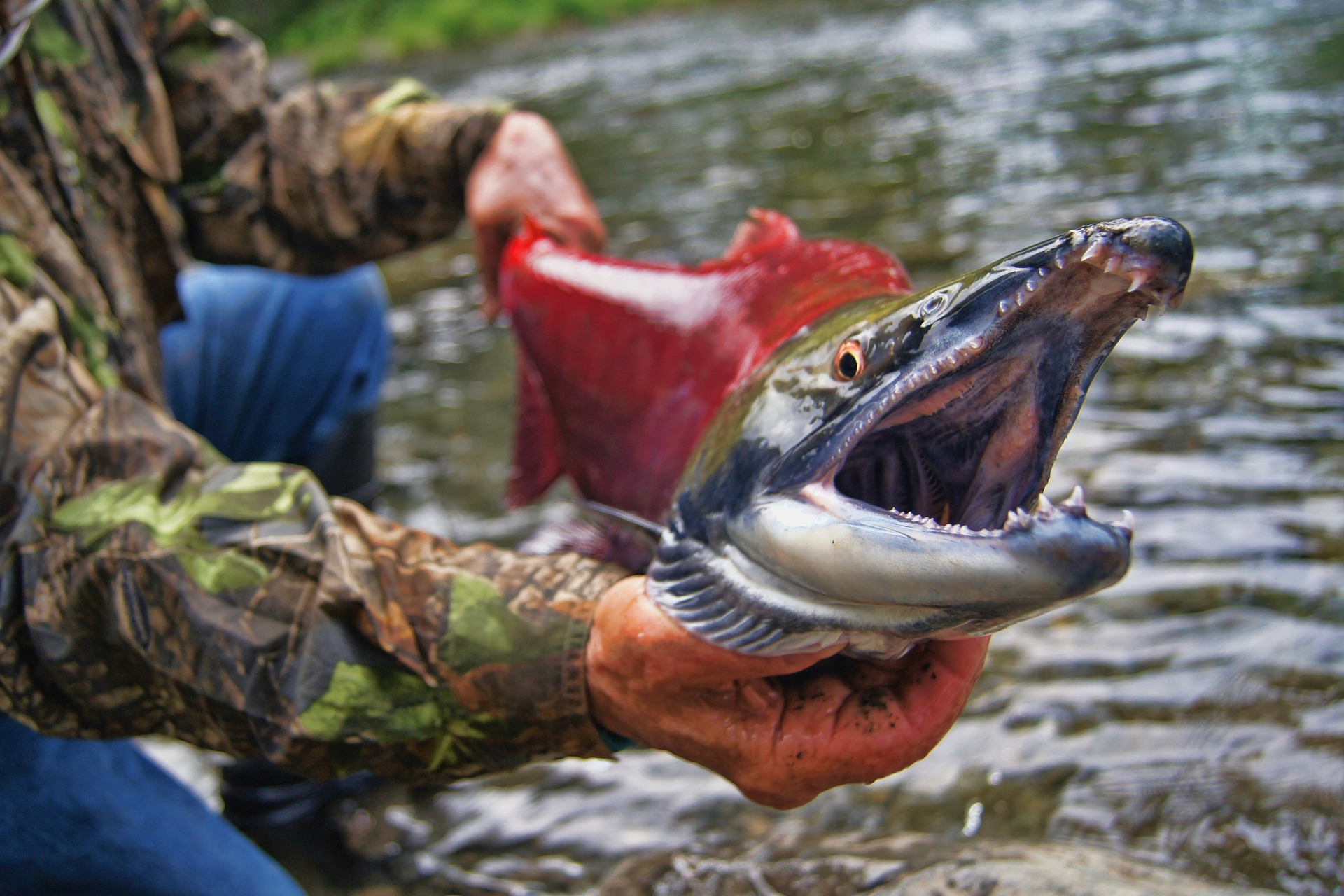New legislation focuses on addressing sharks eating anglers’ catch.
Learn more about the SHARKED Act and support this legislation to mitigate shark depredation.
Shark encounters and depredation events have always been a part of fishing. Unfortunately, anglers have observed that shark interactions are becoming more frequent, leading to damage or loss of fish, bait and gear. Not only are these interactions frustrating, but also dangerous. Due to their growing frequency throughout many parts of the country, especially along the Atlantic coast, the southeastern United States and the western Pacific anglers are demanding attention be brought to the issue.
In January 2025, legislation was reintroduced in the U.S. House of Representatives to help mitigate this issue and improve communication and coordination across the fisheries management community on shark depredation, setting a path forward to reduce the frequency of these interactions.
What’s The issue
On January 13, 2025 U.S. Representatives Rob Wittman (R-Va.), Darren Soto (D-Fla.), Daniel Webster (R-Fla.) and Marc Veasey (D-Tex.) introduced the Supporting the Health of Aquatic systems through Research, Knowledge and Enhanced Dialogue (SHARKED) Act (HR 207) in the U.S. House of Representatives. The bill focuses on shark depredation by establishing a task force comprised of fisheries managers and shark experts responsible for improving coordination and communication across the fisheries management community on shark depredation. The task force will identify research priorities and funding opportunities to limit depredation throughout the country.
The House of Representatives quickly passed the SHARKED Act just over a week later, on January 22. The Senate version of the bipartisan SHARKED Act was introduced by Sens. Rick Scott (R-FL) and Brian Schatz (D-HI) in July 2025 and quickly passed through the Commerce Committee.
The expedient manner in which this bill moved through committees emphasizes the importance and popularity of containing these encounters. We are eagerly awaiting swift passage in the upper chamber as well.
Why It Matters
Shark encounters are increasing throughout the United States. In addition to the frustrations that sharks cause among anglers, there is also a worry that they can negatively impact fisheries, leading to stricter regulations intended to offset or avoid shark interactions.
While shark populations were previously reduced due to overfishing, management efforts have succeeded in rebuilding many shark stocks under the Magnuson-Stevens Fishery Conservation and Management Act. Conflicts between anglers and sharks are expected to further increase as shark populations continue to improve, requiring fishery managers and scientists to collaborate with the recreational fishing community on solutions that incorporate science and management policies.
What ASA is Doing
ASA believes that fishery managers and the recreational fishing community must work together on solutions that proactively address shark depredation. In October 2022, we developed a position statement addressing shark interactions, outlining four pillars to address shark interactions in both the short and long term: Education, Management, Policy and Research.
In January 2025, ASA co-signed a letter with 14 like-minded organizations thanking the SHARKED Act’s congressional sponsors for introducing the bill and reaffirming our support of the legislation.
Following the bill’s swift passage in the House for the second consecutive Congress and reintroduction in the Senate, we are enthusiastic about its chances of heading to the President’s desk. We will continue to work with legislators, the sportfishing industry and our recreational fishing partners to see this important legislation become law.
What You Can Do
Resources
- Politics of Fish episode with Dr. Kesley Banks.
- ASA’s letter to the bill’s congressional cosponsors.
- ASA’s full position statement on shark encounters.
- Images for social media:
Quick Links:
Your company has tremendous reach to anglers who may not be aware of the importance of the SHARKED Act. Encourage your customers and colleagues to send a message to their Representative telling them to support this important legislation today.
What YOU Can Do
For any questions or to coordinate on this campaign, please contact Rob Shane.

